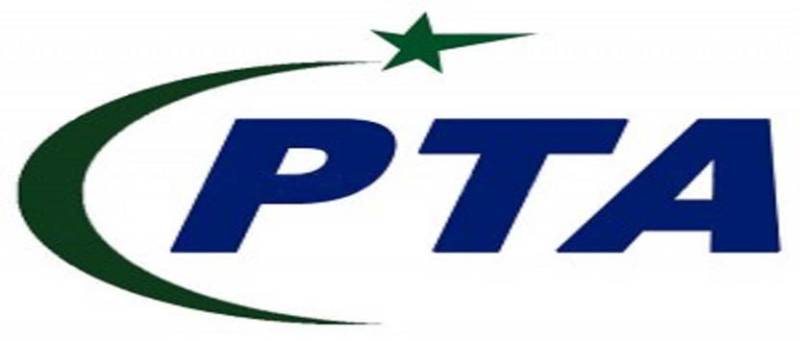The telecommunications industry in Pakistan has gone through several changes in the past week, first Mobilink and Warid Telecom announce a merger, and on Monday Chief Operating of Blackberry, Marty Beard, announced that the company will cease all operations in Pakistan.
According to Blackberry, the Pakistan Telecommunications Authority (PTA) request for ‘unfettered’ access to Blackberry servers – including messages emails and other details – was unnecessarily intrusive and infringed the commonly accepted standards of privacy; making it a “compromise we are unwilling to make”. In the hours following the announcement the PTA extended the deadline for shutdown to 30th
December, giving the company more time to negotiate with the government.
From a telecommunications point of view the news isn’t startling; Blackberry has been losing ground to free services such as Whatsapp and its phones – once the staple of the professional world – have lost market share to newer breeds of smartphones. With less than 5 thousand users in the country, an exit was always on the card; making the decision to withdraw less about principles and more about commercial prudence – especially since Blackberry has compromised its ‘principles’ and shared data with governments in the past.
What is startling is the scope of the government’s data collection policy. The government is not only collecting metadata – generic information on call duration and location – but demands unfettered access to personalized messages, e-mails and call records. The fact that other telecom companies and data carriers are still active means that they have already acceded to the government and are providing the data sought. Couple this with the impending implementation of the Prevention of Electronic Crime Bill 2015, which amongst other things, allows the government to access private servers and take down content at will based on vague standards like “the glory of Islam” and “national interest” and the problem becomes a lot worse. The government and the PTA become an unaccountable digital behemoth, which sees everything, can object to anything and access everything.
Yes it is necessary to use digital monitoring to prevent crime but even the most paranoid security states such as the USA and Israel don’t give the government complete access. Warrants, special requests to view data for a limited time, and internal accountability are used by both nations to check the government’s power.
If Blackberry decides to continue operations in Pakistan then it must mean it has reached a compromise between the government’s absolute demands and the company’s absolute principle; opening the door for other telecom companies to fight against the government’s unjust demands.






